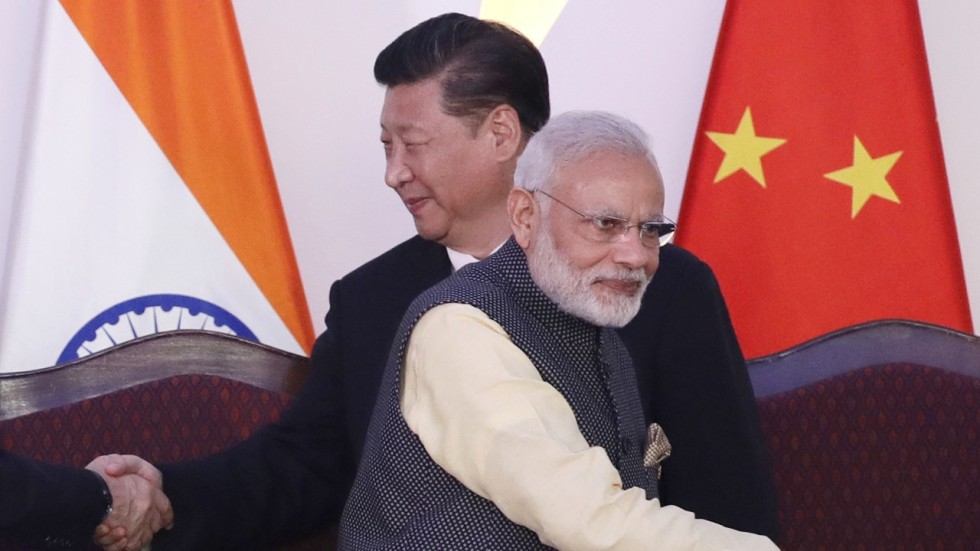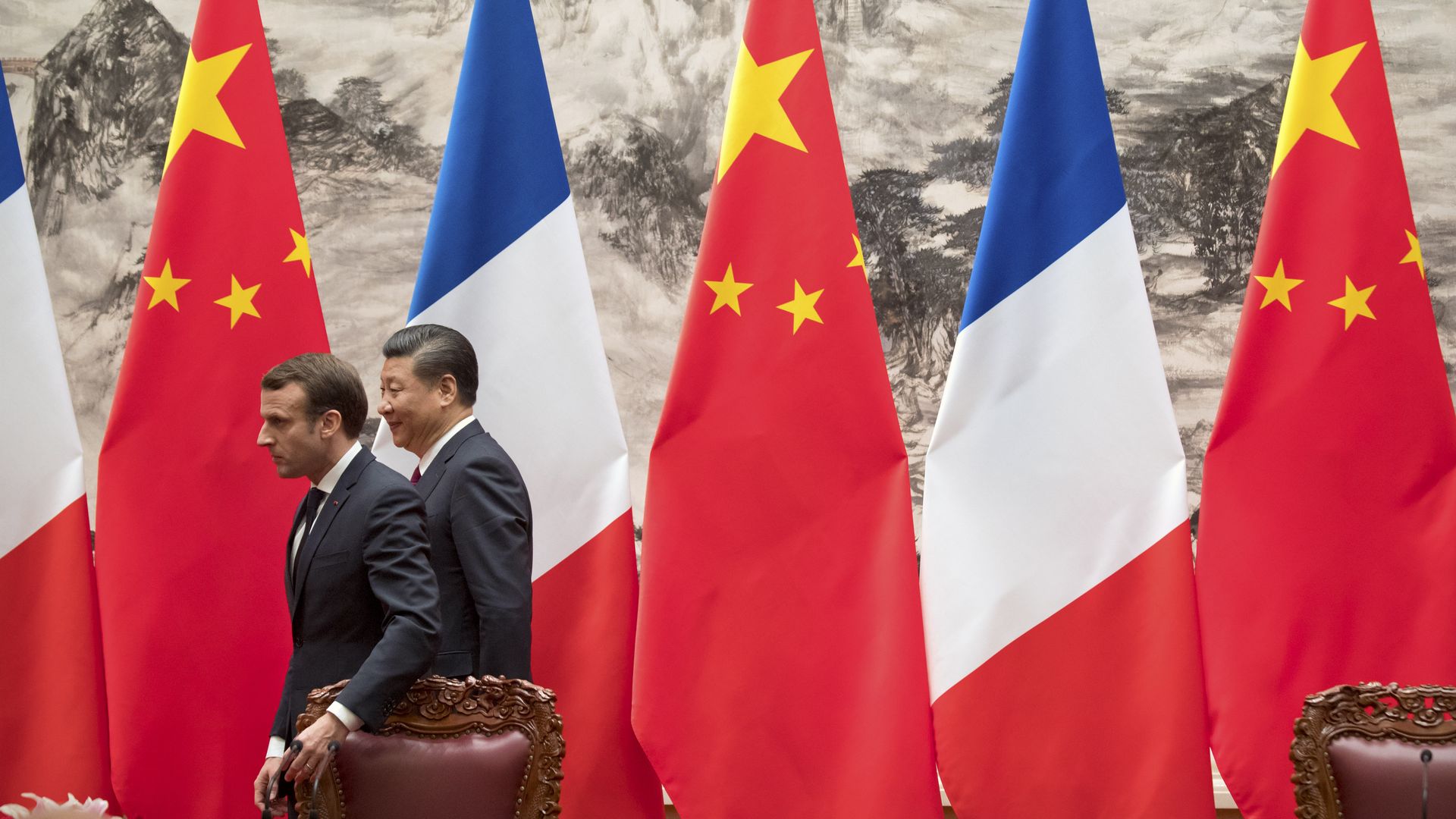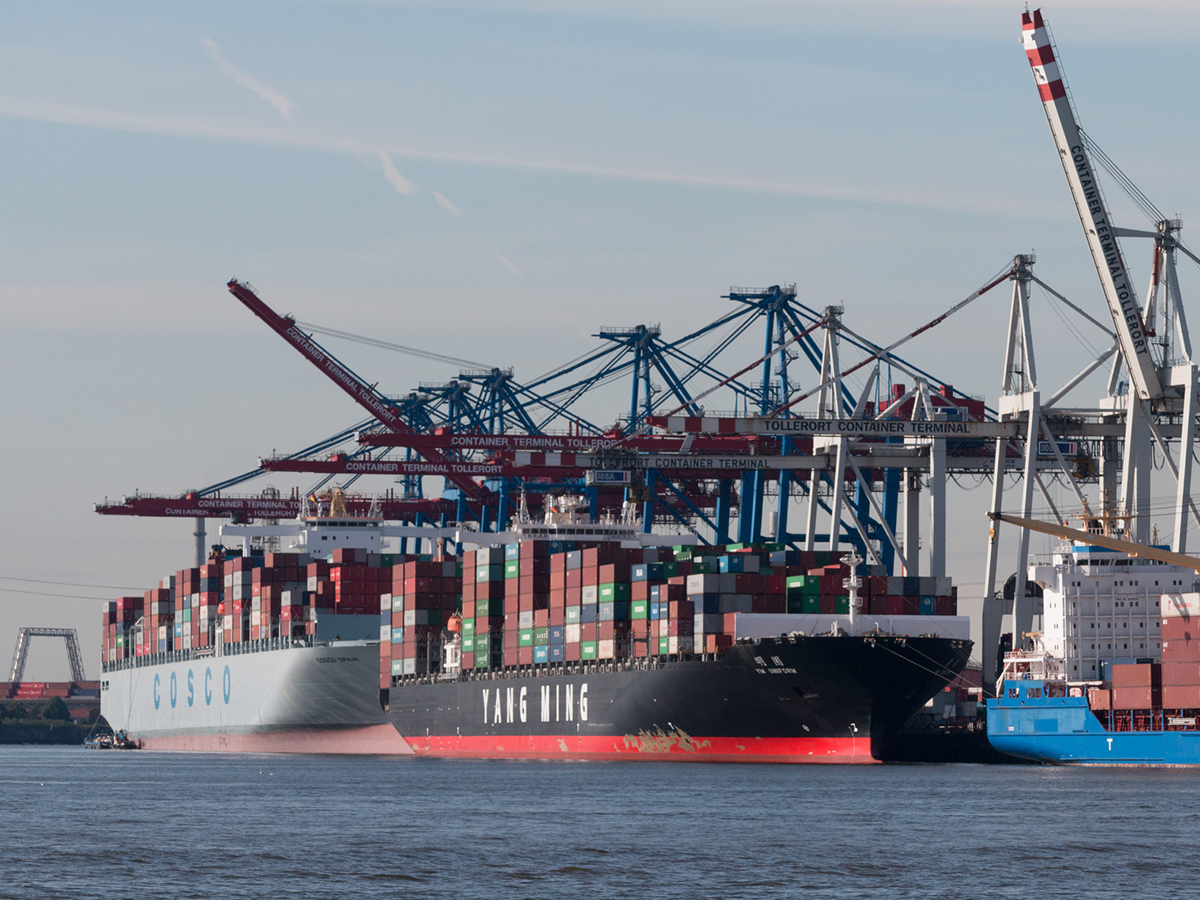By Maj Gen P K Mallick, VSM(Retd)
Admiral Michael S. Rogers is the Director of the National Security Agency (NSA), Commander of the U.S. Cyber Command (USCYBERCOM) and Chief of the Central Security Service (CSS) since April 3, 2014. He is going to be replaced by US Army’s Army Cyber Command Chief Lt. Gen. Paul Nakasone. On 27 February 2018 Admiral Michael Rogers testified before the Senate Committee on Armed Services. In his prepared speech the Admiral explained the various progress made by the USCYBERCOM. This was his last testimony to the Senate.
In the USA the top officials of the Government are madae to undergo hearings before taking over, during the tenure and while handing over the responsibilities. They are grilled by the Senators and often asked very searching and sometime uncomfortable questions. The top official has to answer on his own without any support from his staff.











